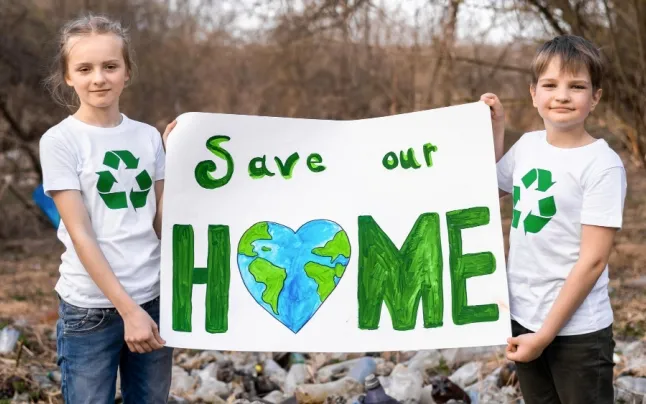The Mobile Social Congress tackles the environmental and social impact of mineral mining and electronic waste.
Technology isn’t green; it has an environmental impact, especially at the two extremes of the supply chain: mineral mining and waste management.
Alfons Pérez, from the Observatori del Deute en la Globalització (ODG) presented a paper on the minerals that are needed to produce electric vehicles. He adopts a critical approach to greenwashing and points out that the pandemic is a lever of what he calls green capitalism, revealing how the transition towards electric vehicles can have devastating effects on the environment.
In fact, the demand for minerals would be unprecedented and some could be depleted in just a few decades. Also, a huge amount of energy would be required when we are already experiencing an energy crisis, as well as radioactive products to process these minerals. All in all, the complex map of mining would overlap with that of fossil fuels, which wouldn’t be phased out.
Furthermore, the increase in demand would lead to greater social conflict, some of which we already know of such as chid labour in cobalt mines in the Democratic Republic of Congo, the lithium conflict in Latin American countries like Chile, and the conflict around nickel in Indonesia.
We don’t even need to travel to another continent to find conflict around mining. Marina Pavlic, from the organisation Kreni Promeni, explained the citizen mobilisation in Serbia to fight against mining giant Rio Tinto. Citizens blocked roads, gathered signatures and launched a citizen initiative to fight against the corporation and have now managed to get the government to revoke the licence that was awarded to the company.
Phone-eating microbes
A smartphone contains up to 40 different elements of the periodic table. The problems generated by the dependence on and extraction of these materials in other countries just adds on to the management of electronic waste. There are 40 million tonnes, and this figure continues to grow. They are originated especially in the world’s strongest economies like China and the USA, and only a small fraction of this waste is recycled in plants that require vast amounts of energy and that are often located in developing countries.
The toxic nature of the components in smartphones has a huge impact on the health of those living in these countries and, generally speaking, the technology to recycle this waste in a safe manner is not available.







Add new comment